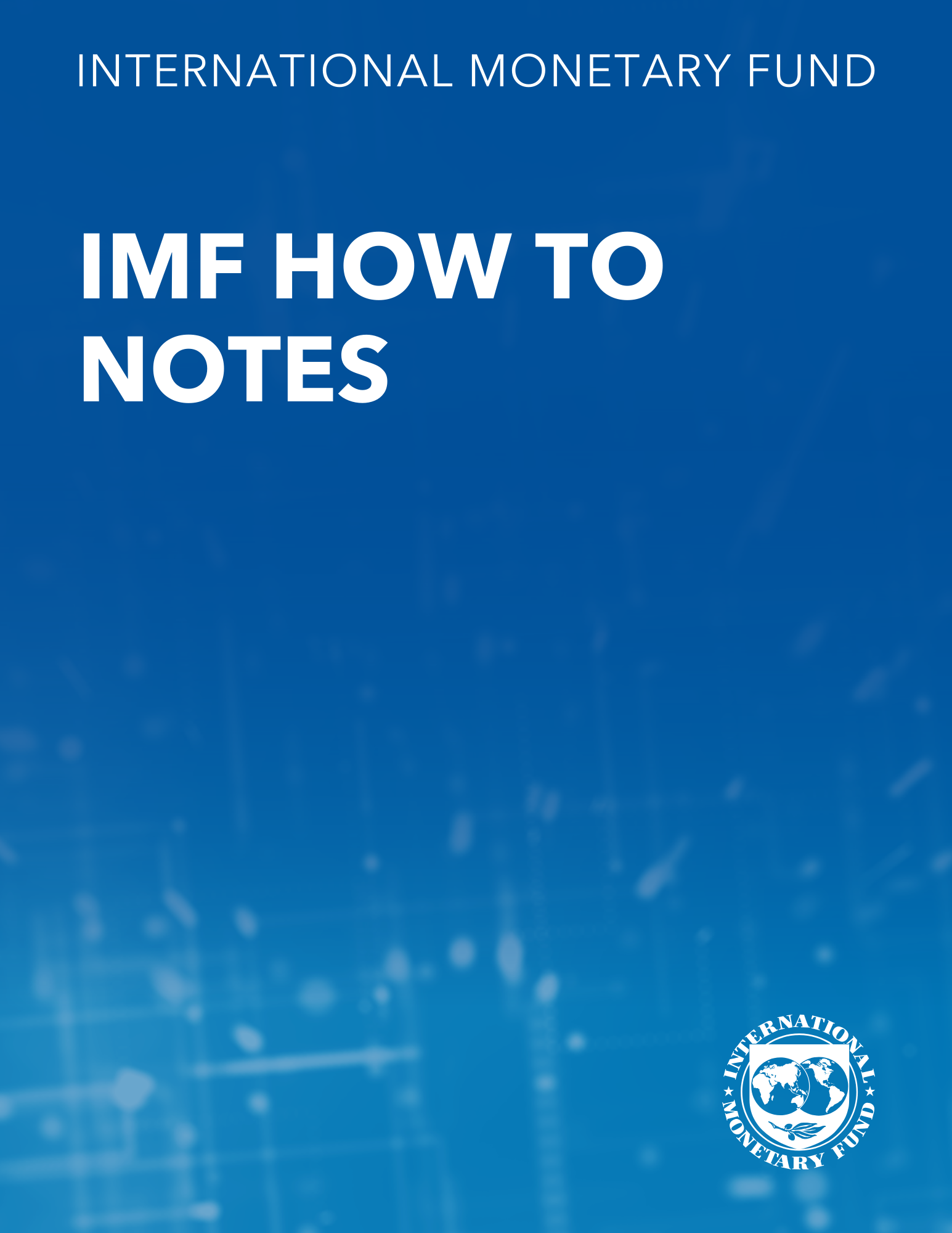The Implications of Trade Barriers for Sectoral Diversification and Macroeconomic Stability in Developing Economies
February 1, 2006
Disclaimer: This Working Paper should not be reported as representing the views of the IMF.The views expressed in this Working Paper are those of the author(s) and do not necessarily represent those of the IMF or IMF policy. Working Papers describe research in progress by the author(s) and are published to elicit comments and to further debate
Summary
The paper examines the implications of lower trade barriers for sectoral diversification and macroeconomic stability in developing economies with a large primary goods sector. It shows that lower trade barriers can have ambiguous effects on macroeconomic stability. It shows also that diversification, in the form of equal distribution of resources between nonprimary sectors, may be counterproductive. In fact, investment in the nonprimary sector with lower trade barriers unambiguously enhances macroeconomic stability in a developing economy that is subject to substantial primary shocks.
Subject: Exports, Income, Real wages, Trade barriers, Wages
Keywords: WP
Pages:
26
Volume:
2006
DOI:
Issue:
050
Series:
Working Paper No. 2006/050
Stock No:
WPIEA2006050
ISBN:
9781451863109
ISSN:
1018-5941






